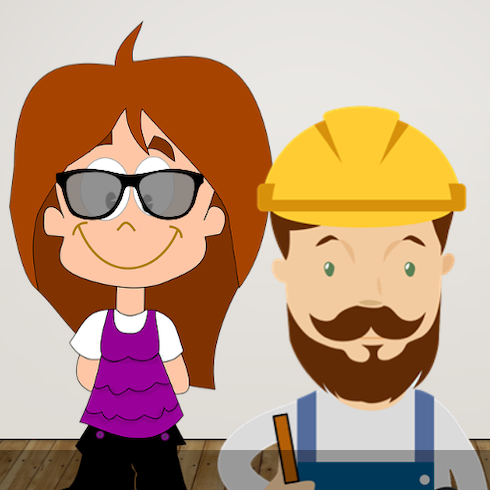
Join Andy, Suzy, Sophia, and Bobby on a Wondrous Adventure
Markman Lab (Stanford University)
Who Can Participate |
3-9 year old children |
What Happens |
Your child will first do a warmup to get them comfortable saying their answers out loud. For this, they will meet a puppet named Maggie, who is learning English. Maggie will say several sentences and your child will say whether they are right or wrong. After that your child will view two digital storybooks. One is about Suzy and Andy, while the other is about Sophia and Bobby. In one story, Suzy and Andy go wall climbing. One of them holds a rope for the other person but then lets go of the rope. In the end, someone falls onto a fan. In the other story, Sophia and Bobby are in the yard playing tug of war. One of them lets go of the rope. In the end, the other person falls into a window. |
What We're Studying |
Do "break" and "caused to break" have the same meaning? Many researchers think they mean the same thing. Our research is aimed at testing whether this is the case. We are also interested in the relationship between causation and responsibility. So if someone says “Andy broke the window” but that “Suzy caused the window to break”, whose fault is it that the window broke? Many researchers think that holding people responsible for outcomes requires that they at least caused the outcome. But “breaking” and “causing to break” are both statements about causation. So how do we decide who to hold responsible when making these two different judgments about causation? If we find that—e.g., “cause to break” vs. “break”—do not mean the same thing, then this would be a very important finding and raise a whole host of questions about the very different ways we have for thinking about causation. As one example, if “cause to break” and “break” don’t mean the same thing, then that might suggest that there are two different ways to understand causation. And then this would raise questions about how these different understandings of causation develop. Moreover, the way in which judgments of fault relate to these different understandings of causation will reveal something about the kind of causal understanding that is involved in making judgments about responsibility. |
Duración |
10 minutes |
Compensación |
You will receive a $5 Amazon gift card for participating in this study. To be eligible for the gift card, your child must be in the age range for this study and your child needs to be visible in the study video. Please also note that you must submit a valid consent statement. Each child is eligible to participate in the study and receive a gift card only once. Gift cards will be sent within one week of study completion. Please note that we can only offer Amazon gift cards for US residents, but we still invite everyone to participate. Thanks for your understanding. |
Este estudio es realizado por Dr. Ellen Markman (contact: stanford.markman.lab@gmail.com).